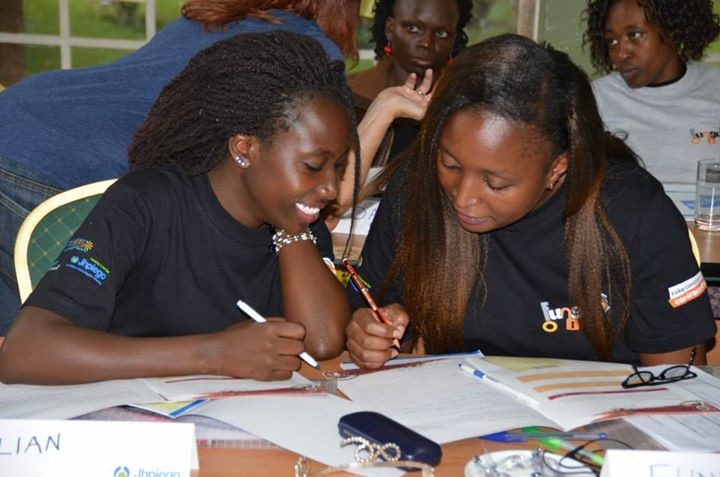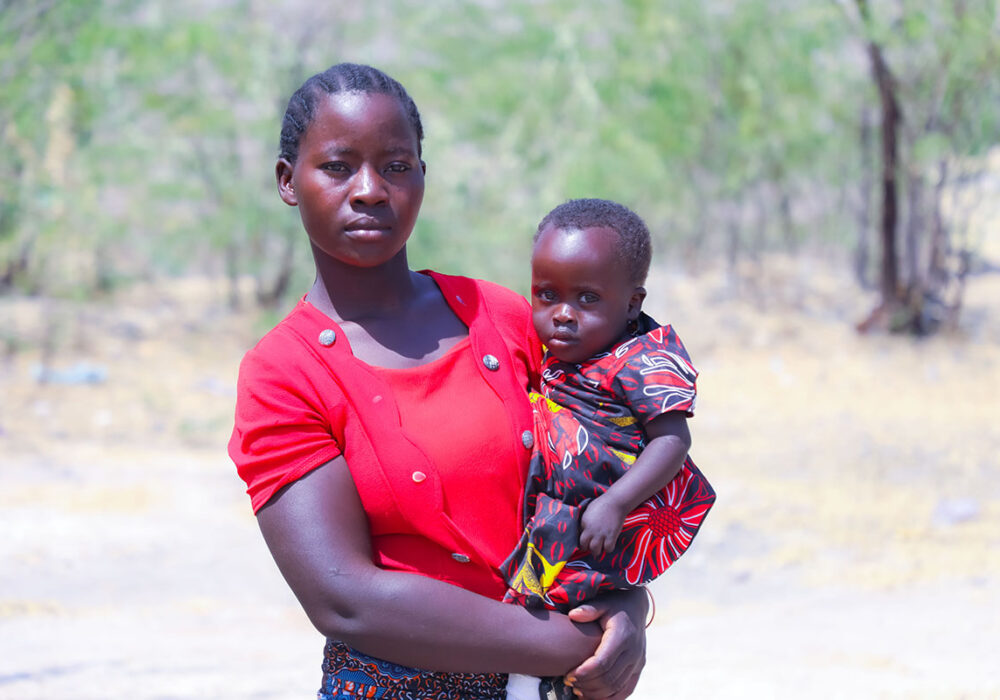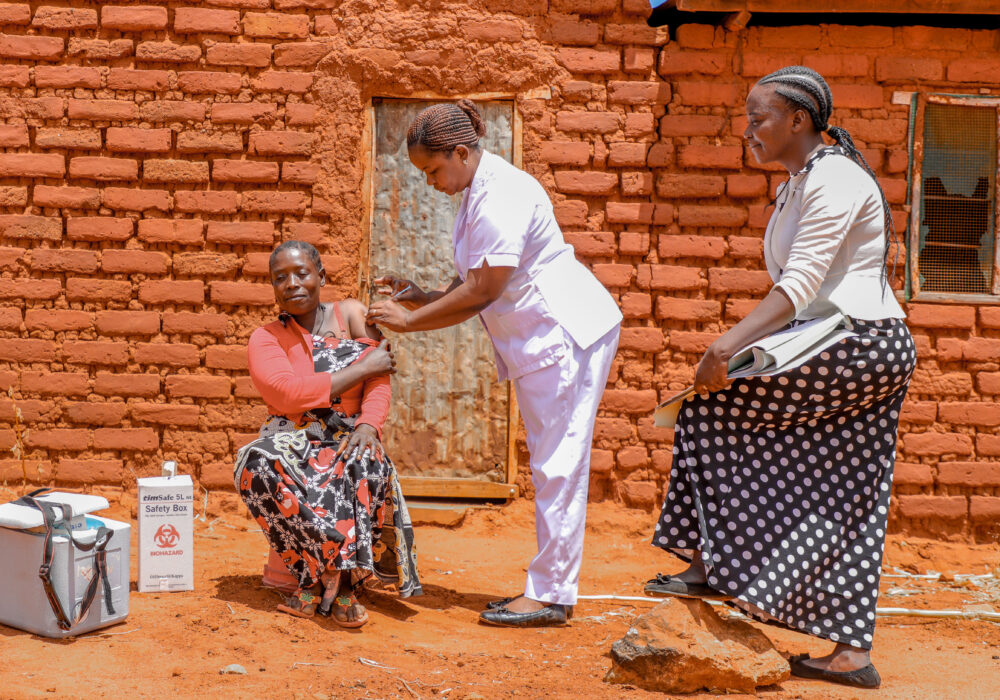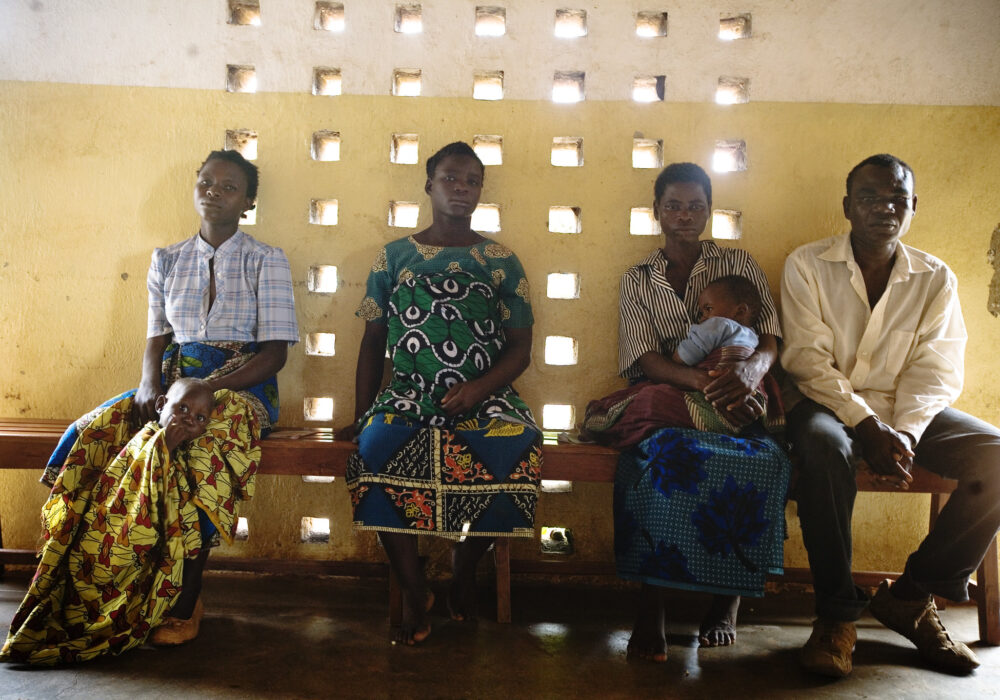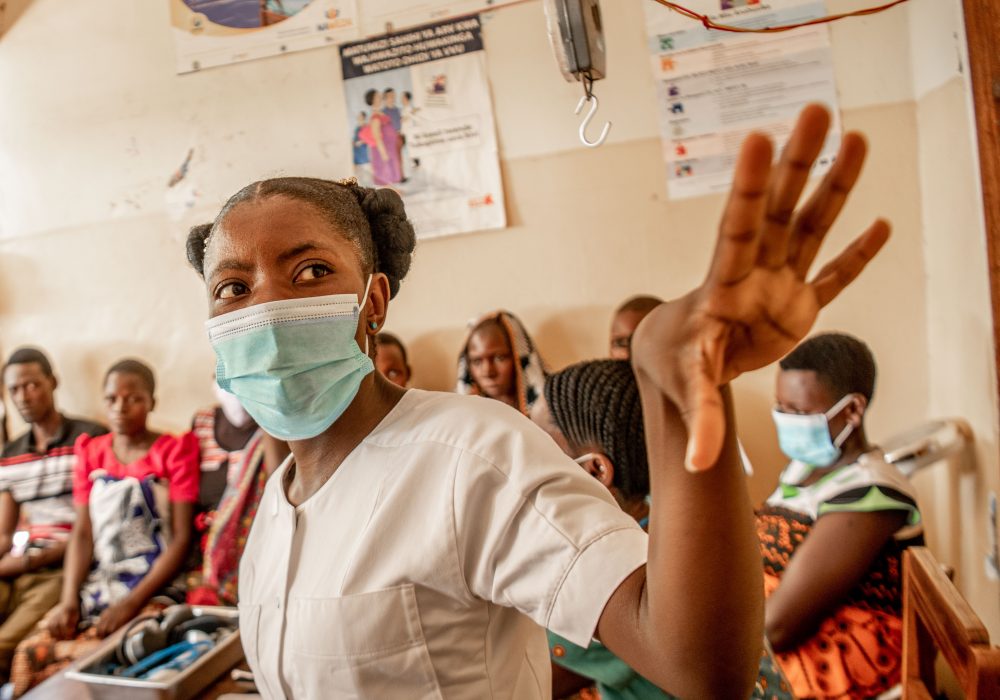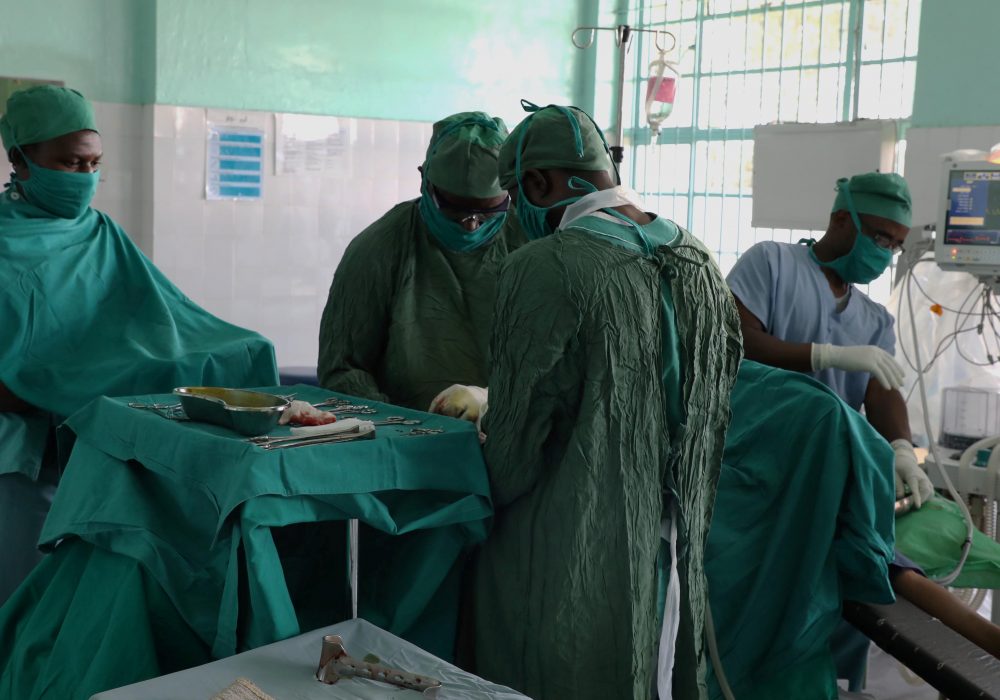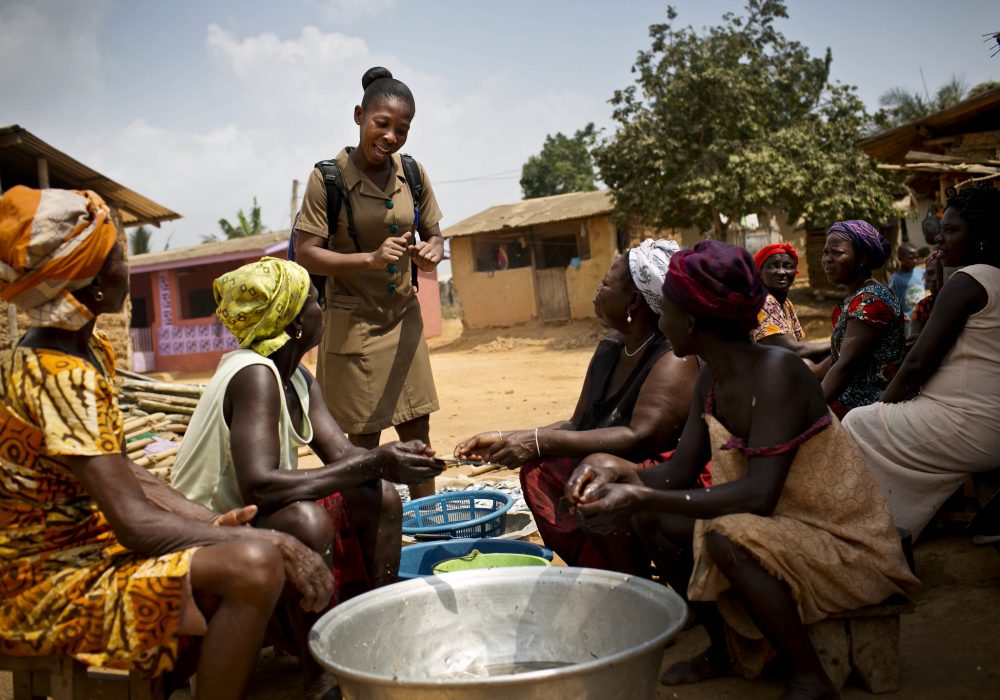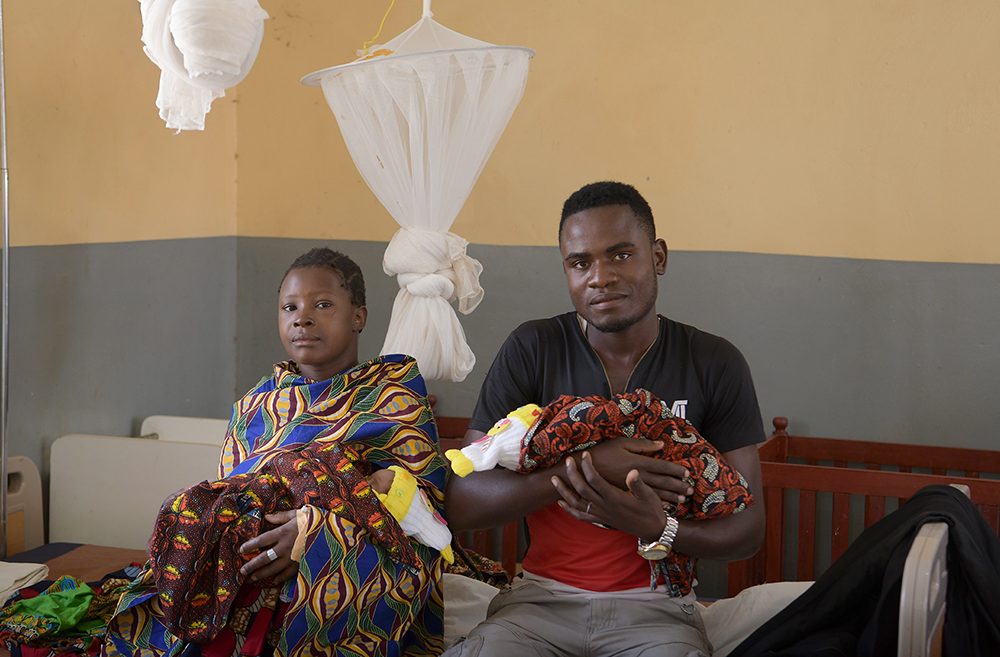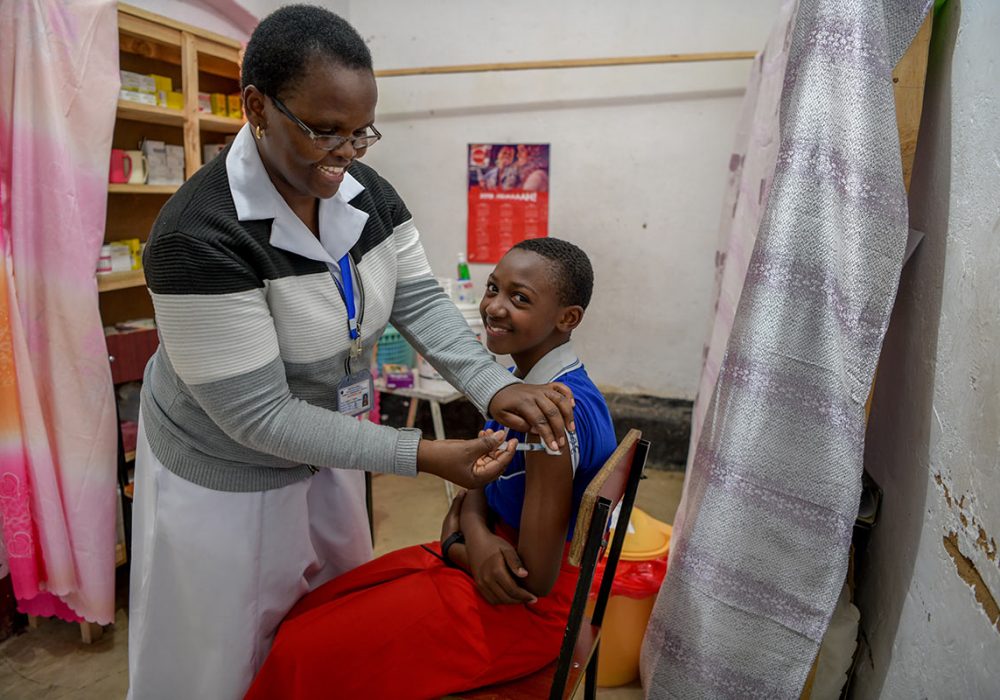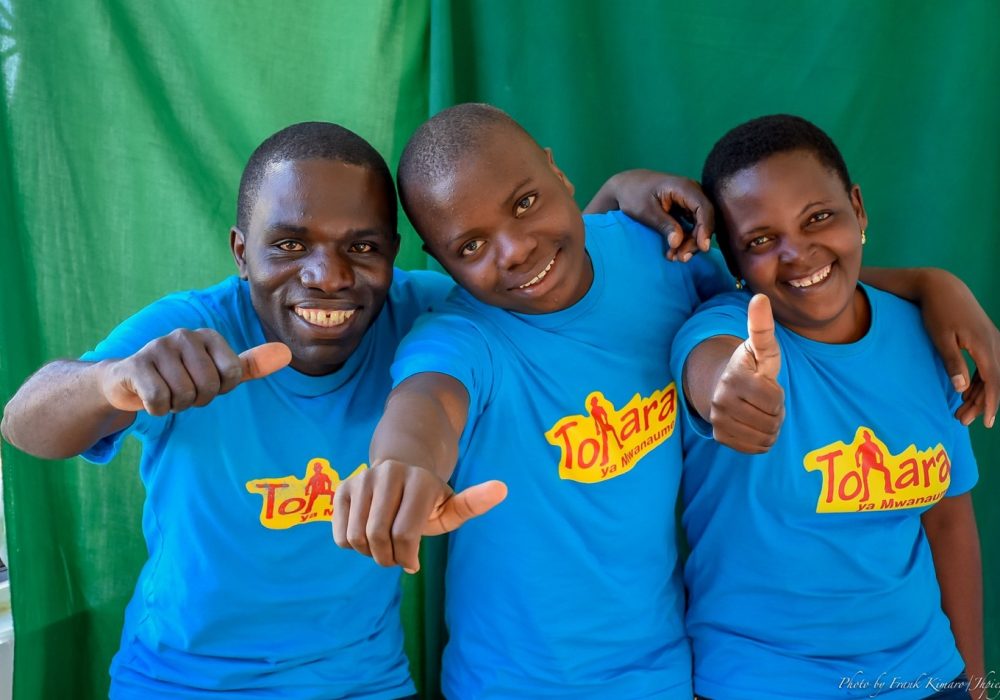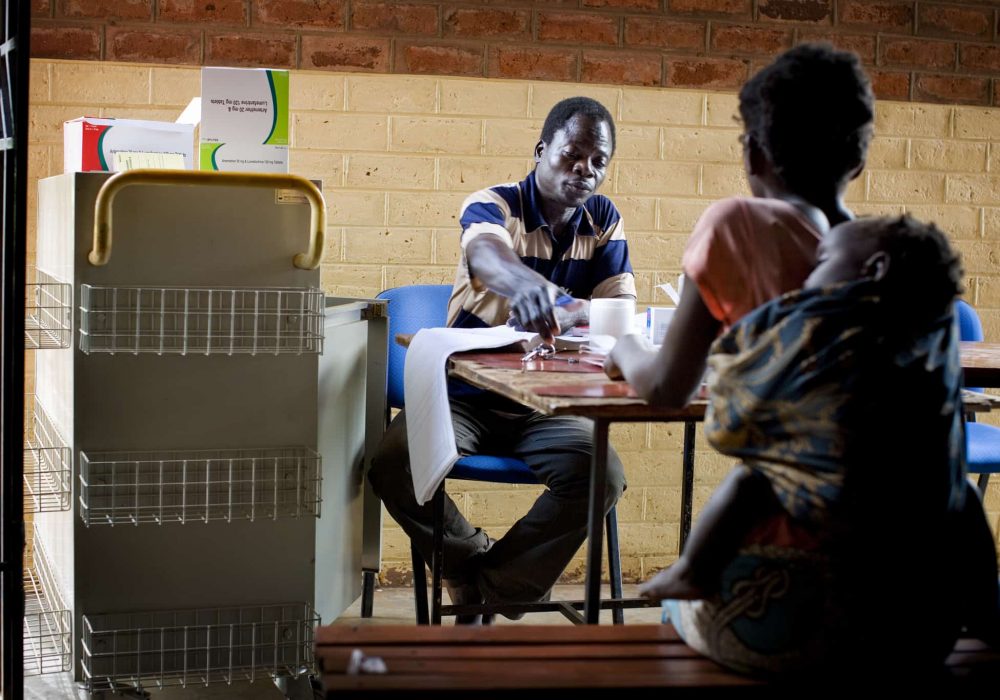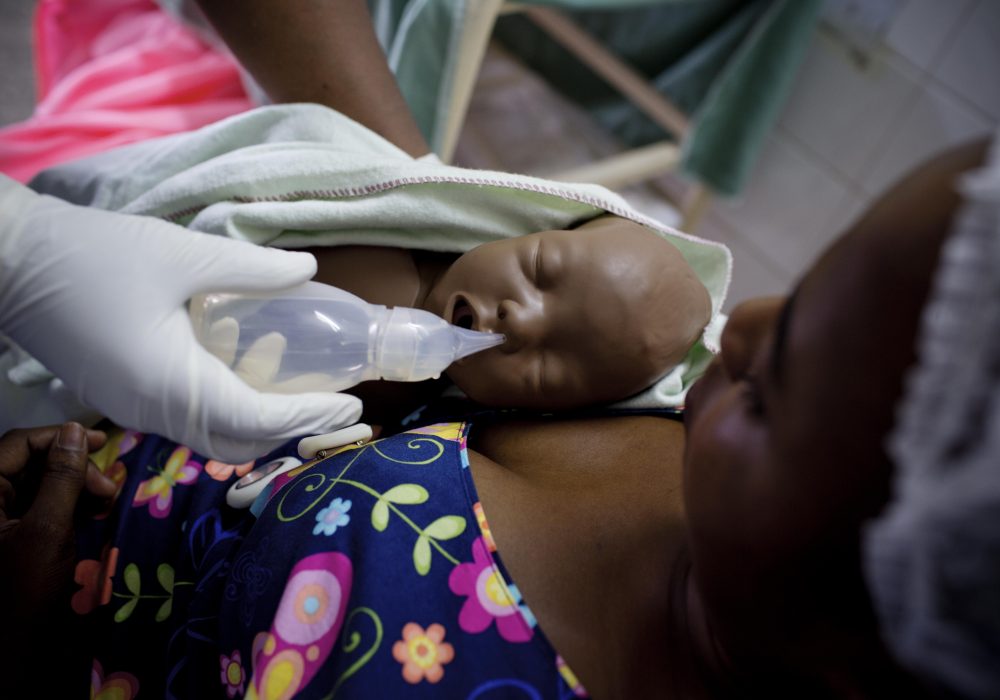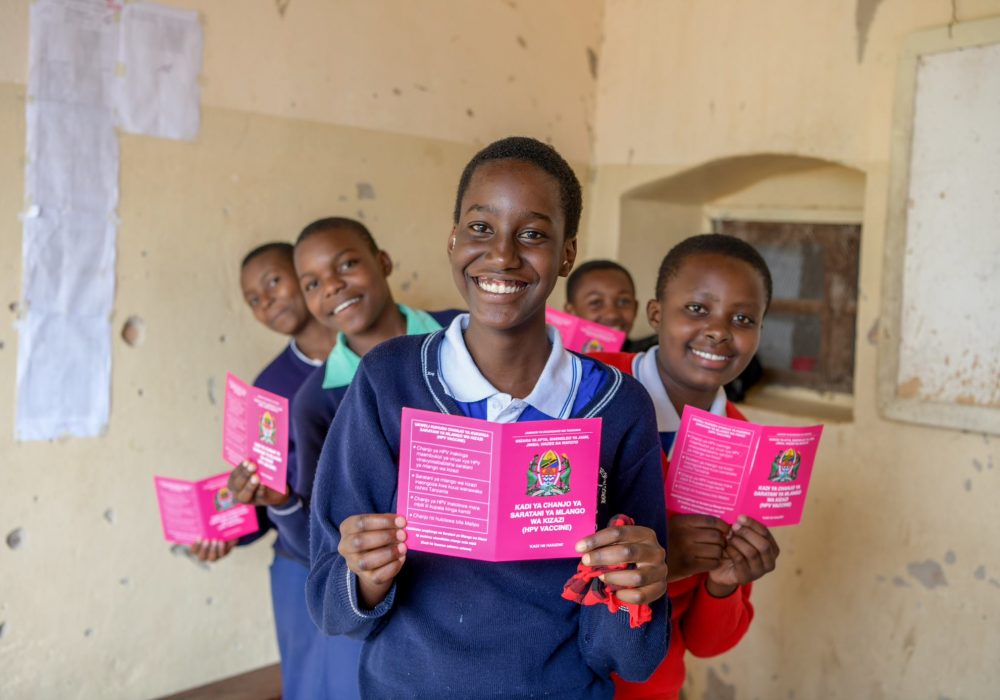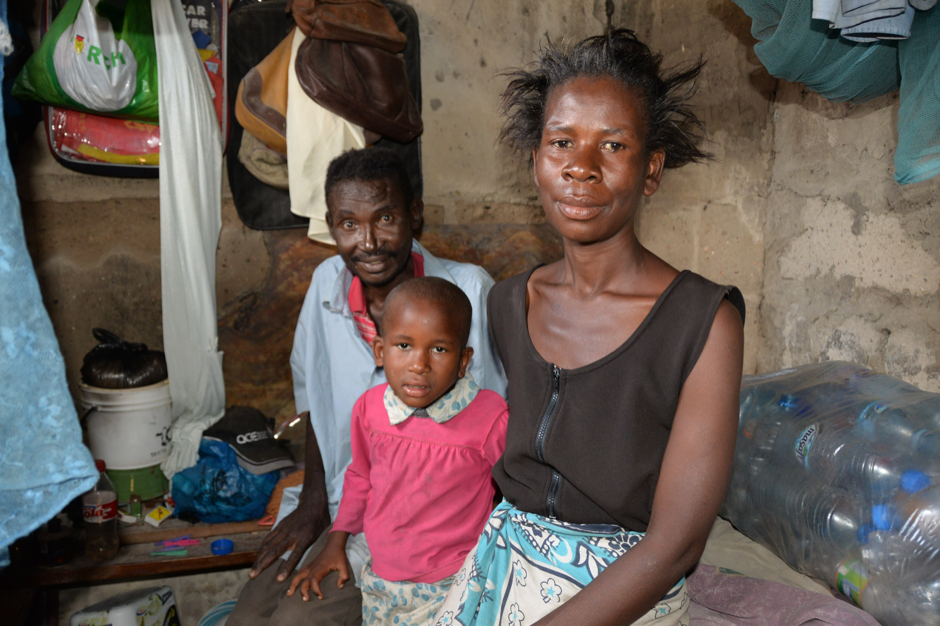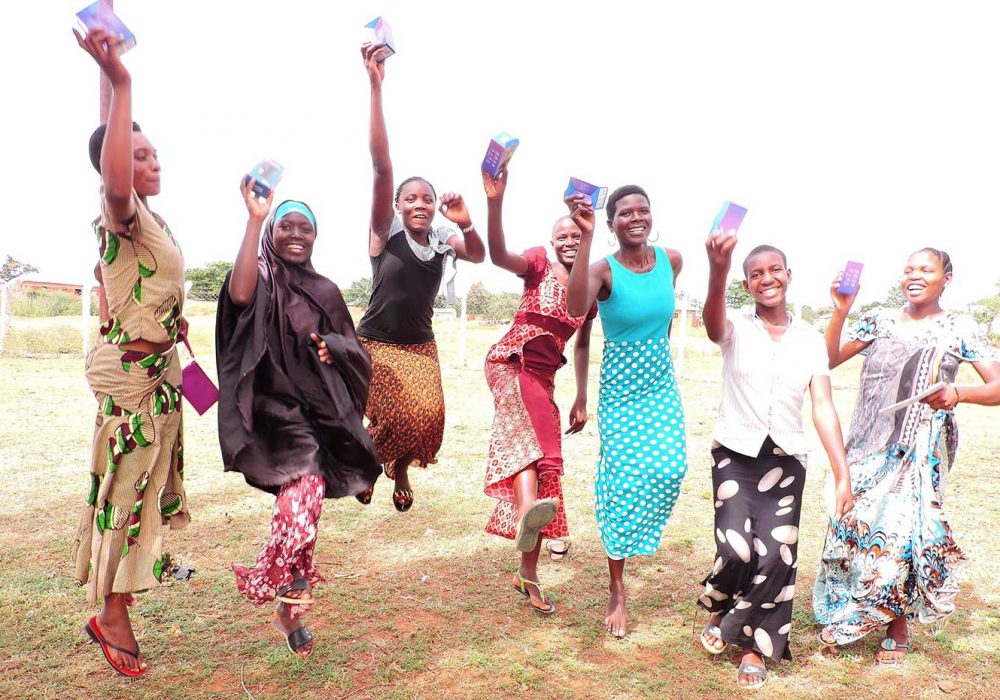Tanzania


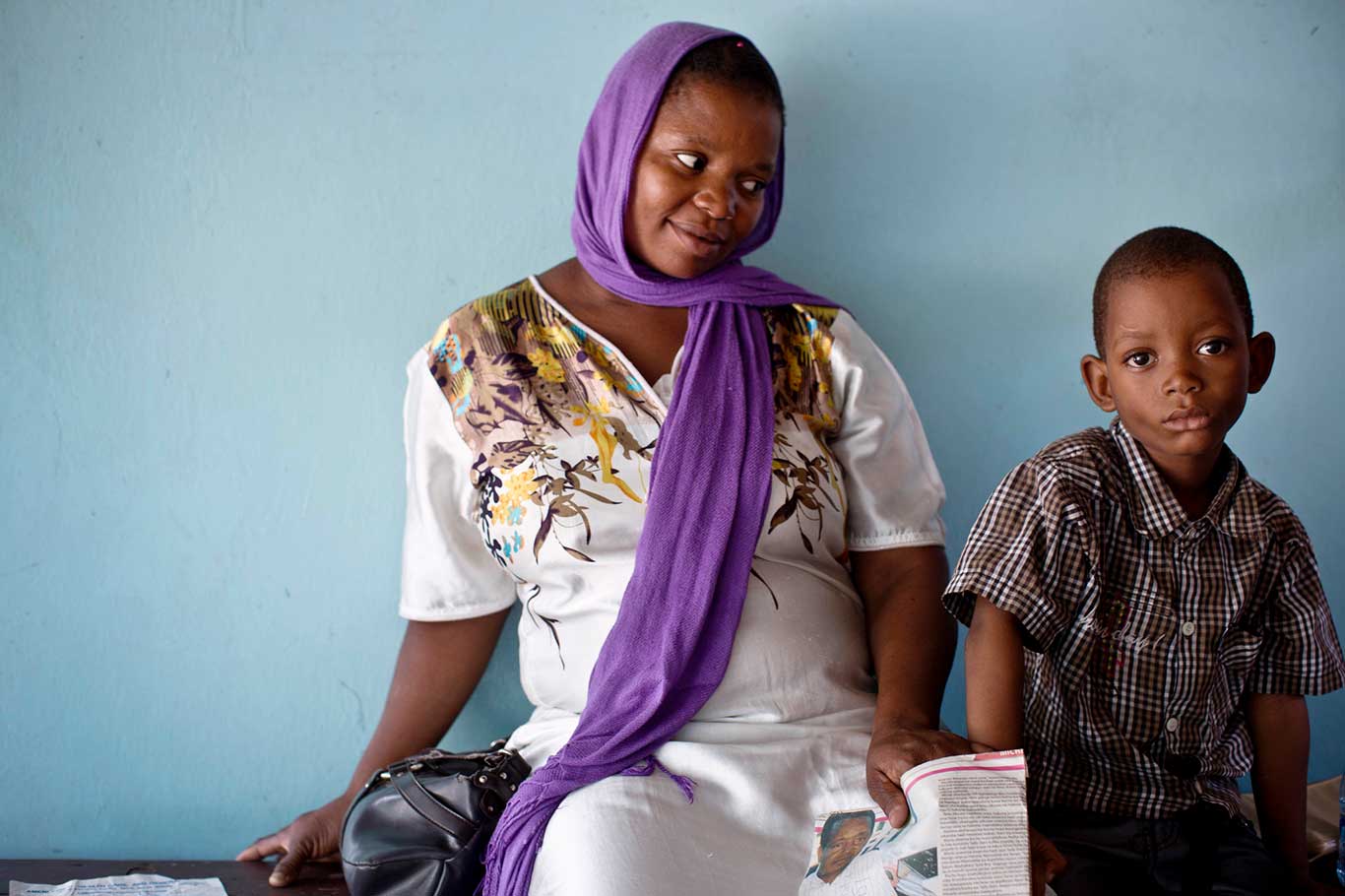
Country Contact
Alice Christensen, Country Director
Tel. 255 756 88 83 88
P.O. Box 9170
House No. 7, Serengeti Street, Mikocheni
Dar es Salaam, Tanzania
Current and Recent Donors
Bill & Melinda Gates Foundation
Gavi, the Vaccine Alliance
Global Affairs Canada
Global Fund to Fight AIDS, Tuberculosis and Malaria
PEPFAR
Pfizer Foundation
UNICEF
USAID
Since 1999, our focus has been on quality health services for families.
- More than 4.3 million Tanzanians learned their HIV status through Jhpiego-led initiatives and more than 1 million men received voluntary medical male circumcision services for HIV prevention.
- Over 84,000 women have been screened for cervical cancer, with the majority of the women who were identified as having precancerous lesions and eligible for cryotherapy being treated on the same day as their screening
- A total of 1.6 million clients received family planning methods; these clients include more than 519,000 youths and adolescents.
- More than 9 million adults received COVID-19 vaccinations, achieving the 70% national target for COVID-19 vaccination coverage and improved uptake of COVID-19/routine immunization services.
Our Work in Tanzania
USAID Afya Yangu-RMNCAH
This five-year, government-led project is funded by the U.S. Agency for International Development. Afya Yangu seeks to support the government of Tanzania to improve access to quality, client-centered reproductive, maternal, child and adolescent health (RMNCAH) services at facility and community levels in 11 regions of mainland Tanzania and Zanzibar. The project also works for an enhanced enabling environment, improved health-seeking behaviors, strengthened linkages between facility and community health services, improved positive gender norms in support of services uptake and increased community engagement in RMNCAH services. In partnership with the Ministry of Health, Jhpiego leads the project team, which consists of: local partners Tanzania Communication and Development Center, Benjamin Mkapa Foundation and Amani Girls Home; Kenya-based AI-Fluence; and U.S.-based organizations Manoff Group, Ona and D-tree International.
The Challenge Initiative (TCI) NextGen
As the implementing partner responsible for leading TCI’s East Africa Accelerator Hub, Jhpiego provides technical assistance to local governments in Kenya, Tanzania and Uganda as they implement interventions in family planning and adolescent and youth sexual and reproductive health. The goal of TCI NextGen, which builds on the previous TCI initiative, is to increase access to modern contraception for urban poor women. This project is funded by the Bill & Melinda Gates Institute for Population and Reproductive Health.
Reaching Impact, Saturation, and Epidemic Control (RISE)
RISE is a five-year global project funded by the U.S. President’s Emergency Plan for AIDS Relief (PEPFAR) and the U.S. Agency for International Development (USAID). RISE works with countries to achieve a shared vision of attaining and maintaining epidemic control, with stronger local partners capable of managing and achieving results through sustainable, self-reliant and resilient health systems by 2024. RISE’s contributions to this work will lead to fewer new HIV infections, decreased HIV-related morbidity and mortality, and increased quality of life for people living with HIV. With USAID PEPFAR investments, RISE supports countries to achieve and maintain epidemic control by providing strategic technical assistance and direct service delivery to improve HIV prevention, case finding, treatment programming, and viral load suppression. The primary objectives of the RISE project are to: 1) attain and maintain HIV epidemic control among at-risk adult men, women and priority populations; 2) attain and maintain HIV epidemic control among key populations; 3) strengthen health systems including improved program management, health information systems, human resources for health and financial systems to ensure attainment and maintenance of epidemic control; and 4) support the transition of direct funding and implementation to capable local partners to meet the PEPFAR goal of 70% of funding to local partners by 2020. The project is led by Jhpiego with the following partners: ICAP at Columbia University, Management Sciences for Health, Anova, BAO Systems, Johns Hopkins University Center for Public Health and Human Rights, and Mann Global Health. RISE is currently active in several countries, including Tanzania.
Strengthening Early Detection of Breast Cancer Through the Continuum of Care in Tanzania: Integrated Screening and Decentralized Diagnostics
Under this project funded by the Pfizer Foundation, Jhpiego is working with the Ministry of Health and other stakeholders across technical, academic, civil society and government settings to provide technical assistance to strengthen the health system and the continuum of care for early detection of breast cancer. By contributing to a more robust early detection program—through community awareness raising, integration of screening services into other services, increased capacity of providers to provide quality services and coordinated and timely diagnostic services and strong patient navigation—the projects seeks to demonstrate what works for possible future scale-up.
Targeted Country Assistance HPV Planning Project
With funding from Gavi, the Vaccine Alliance, Jhpiego is providing technical assistance to the Immunization and Vaccine Development Program of the Ministry of Health to design and implement immunization approaches relevant to Gavi-supported HPV vaccine programs. This project supports the review, update and printing of HPV single-dose (SD), multi-age cohort (MAC) and switch guidelines, as well as an HPV and adolescent sexual and reproductive health integrated training package. In addition, the project is convening a national and sub-national key stakeholders’ engagement and orientation meeting on HPV SD/MAC switch and outlining strategies to roll out HPV SD/MAC and reach out-of-school and HIV-positive girls. The project is also organizing an orientation meeting on HPV SD/MAC switch for school health coordinators from targeted schools in low performing district councils and outlining strategies to promote acceptance of HPV SD/MAC switch through the school health platform.
Local Initiatives
Safeguarding Newborns
In response to a national neonatal mortality rate of 19 deaths per 1,000 live births, Jhpiego Tanzania and the Doris Mollel Foundation are partnering with the Ministry of Health and the Office of the President of the Regional Administration and Local Government to build and equip a neonatal intensive care unit (NICU) at Ngudu Hospital in Kwimba District, Mwanza Region. Funding for the NICU was raised through Jhpiego’s Miles for Mothers, a yearly race that raises money for maternal health programs. In 2020, Jhpiego Tanzania held its first locally led Miles for Mothers race, raising money to procure and give four oxygen concentrators worth 15,800,000 Tshs to Muhimbili National Hospital. The 2023 Miles for Mothers event was held in Dar-es Salaam and Mwanza, raising US$ 15,000; the companion U.S. event raised $ 95,000 globally for the NICU. Once completed, the NICU will save countless lives of small and sick newborns and reduce the burdens of families with babies who need specialized care.
Empowering Youth
While youth aged 15–24 make up 20% of the population in Tanzania, they are often left out of the conversation when it comes to health. To grow a new generation of young leaders empowered to advocate for health, Jhpiego Tanzania established a locally led Jhpiego internship program in 2022. The program provides a wide range of opportunities for recent graduates who are looking for a hands-on learning experience related to Jhpiego programs and activities. The goal of the program is to provide opportunities for youth development, a platform for youth voices and viewpoints within Jhpiego Tanzania, as well as a way to promote professional growth among young Tanzanians. From 2022 to June 2024, Jhpiego Tanzania engaged 48 interns, of which 29 are male and 19 are female. Among this cohort, 15 have found permanent jobs and 22 are still working with Jhpiego as of June 2024.
The people we serve
Country Contact
Alice Christensen, Country Director
Tel. 255 756 88 83 88
P.O. Box 9170
House No. 7, Serengeti Street, Mikocheni
Dar es Salaam, Tanzania
Current and Recent Donors
Bill & Melinda Gates Foundation
Gavi, the Vaccine Alliance
Global Affairs Canada
Global Fund to Fight AIDS, Tuberculosis and Malaria
PEPFAR
Pfizer Foundation
UNICEF
USAID






